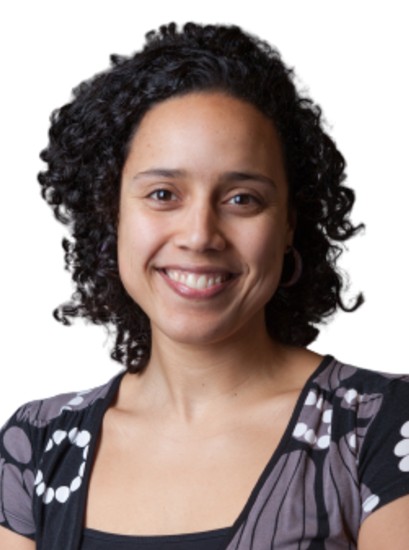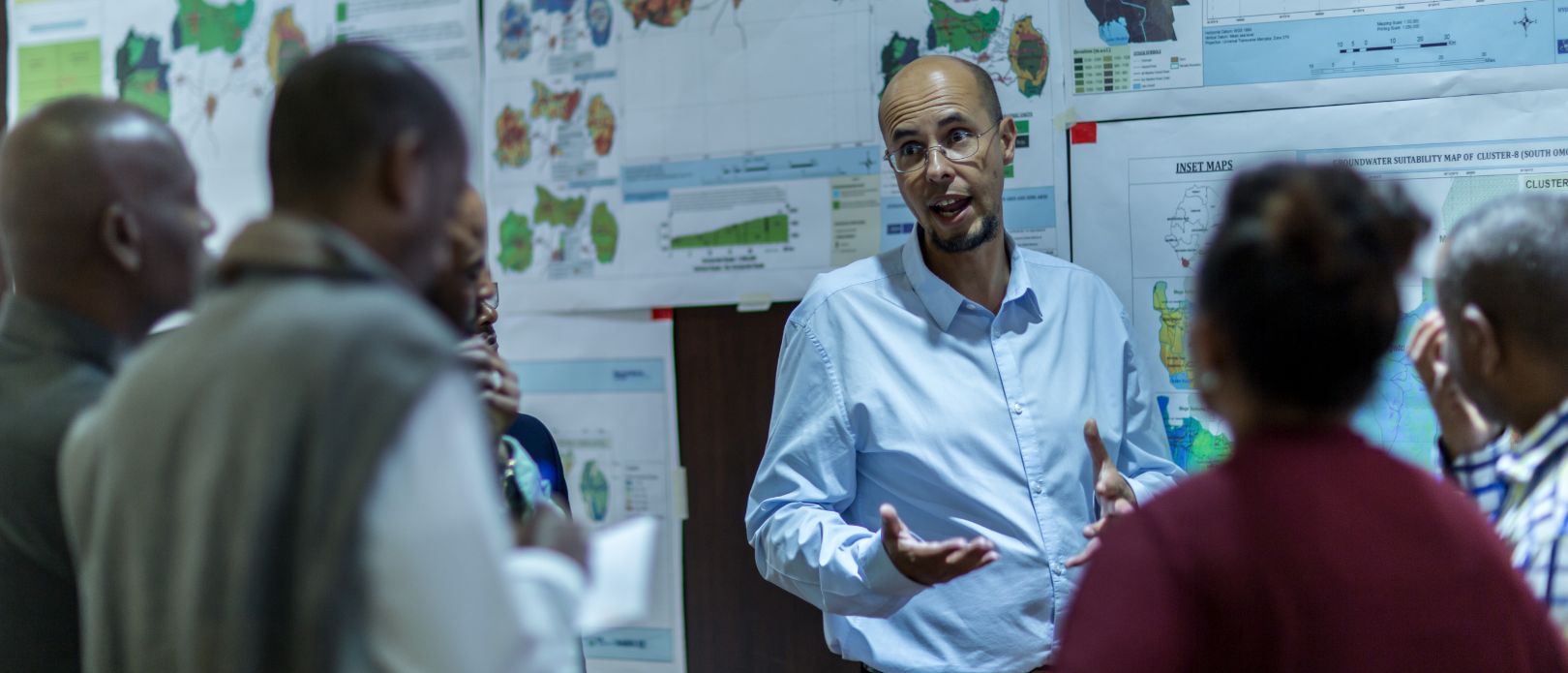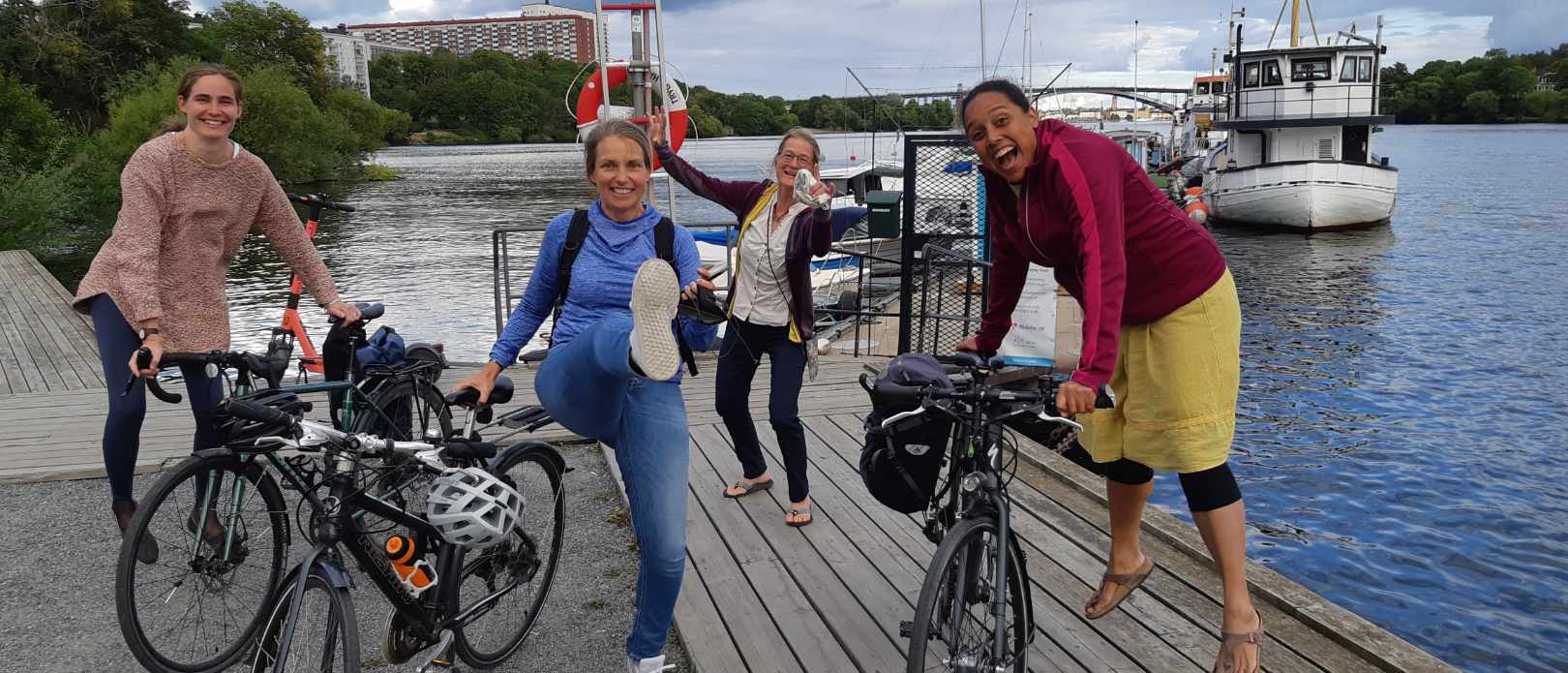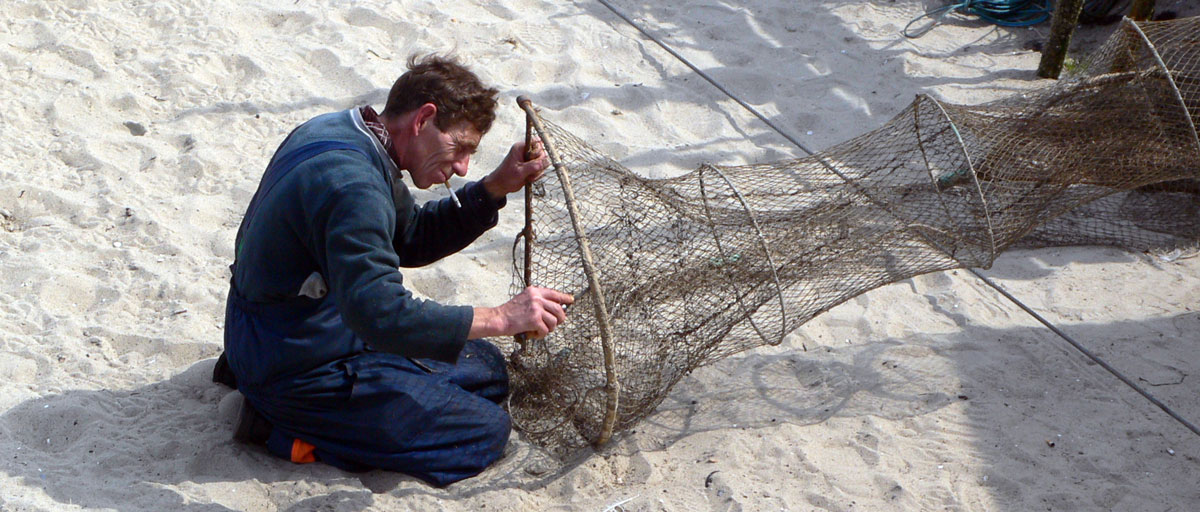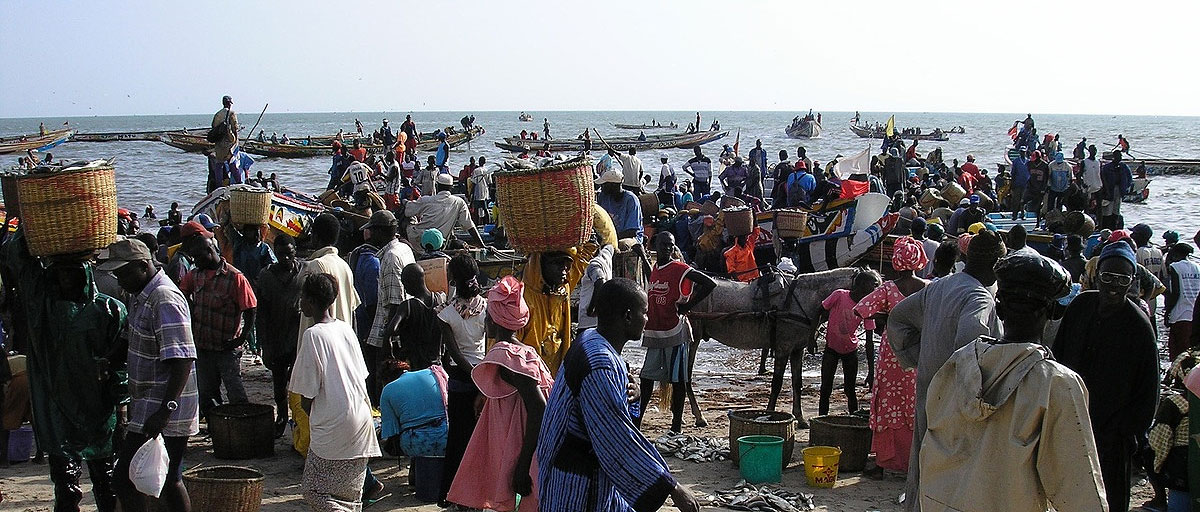• Human decision-making and behaviour
• Collective action and common-pool resources
• Interdisciplinarity
• Knowledge integration & synthesis
• Social-ecological modelling
• Agent-based modelling
Nanda Wijermans studies group behaviour and collective action in sustainable resource use
Central to her work are collaborative research processes for which she uses agent-based modelling. These models enable the integration of knowledge and insights across several scientific domains and (empirical) approaches such as behavioural experiments, expert interviews, and observational findings.
Wijermans has a background in Artificial Intelligence/Cognitive Science (M.Sc.) and Social Simulation (PhD) obtained at the University of Groningen (NL). Throughout her postdoctoral research she extended her interdisciplinarity by situating human decision-making and behaviour in social-ecological systems.
In efforts to facilitate collaborations, discussions and new insights, Wijermans has helped establish a variety of interdisciplinary scientific collaboration processes connected to her own projects as well as in the Social Simulation community.
She actively pursues this bridging function in her position as an elected member on the Management Committee of the European Social Simulation Association (ESSA) as well as an elected member of the Network for Computational Modeling in Social and Ecological Sciences (ComSES Net) and as member of the Editorial board of the Journal of Artificial Societies and Social Simulation (JASSS)
One of the most recent research frontiers she focuses on concerns co-leading a network on Social Identity Approach in agent-based Models (SIAM) to advance the behavioural realism in simulation models and the theoretical advancement in the social sciences on the why and how questions concerning situated behaviour dynamics.
Current research projects
- AgentEx (PI): Climate change from the small-scale fisher’s point of view: Identifying critical multi-level processes for sustainable small-scale fisheries (combining agent-based modelling and behavioural experiments).
- Norms@risk: Do social norms help dealing with collective threats? (combining agent-based modelling and behavioural experiments)
Current funding
- FORMAS Future research leader grant
- The Swedish Research Council Grants for research on societal security
Key publications
Wijermans, N., Schill, C., Lindahl, T., & Schlüter, M. (2022). Combining approaches: Looking behind the scenes of integrating multiple types of evidence from controlled behavioural experiments through agent-based modelling. International Journal of Social Research Methodology. DOI: 10.1080/13645579.2022.2050120.
Wijermans, N., Boonstra, W.J., Orach, K., Hentati-Sundberg, J. & Schlüter, M. (2020). Behavioural diversity in fishing - Towards a next generation of fishery models. Fish and Fisheries, 274(2), 872-890. https://doi.org/10.1111/faf.12466
Schill, C., Wijermans, N., Schlüter, M. & Lindahl, T. (2016). Cooperation Is Not Enough—Exploring Social-Ecological Micro-Foundations for Sustainable Common-Pool Resource Use. PLoS ONE, 11(8), e0157796–24. https://doi.org/10.1371/journal.pone.0157796
Waldherr, A. & Wijermans, N. (2013). Communicating Social Simulation Models to Sceptical Minds. Journal of Artificial Societies and Social Simulation, 16(4). http://jasss.soc.surrey.ac.uk/16/4/13.html
Wijermans, N., Jorna, R., Jager, W., van Vliet, T. & Adang, O. M. J. (2013). CROSS: modelling crowd behaviour with social-cognitive agents. Journal of Artificial Societies and Social Simulation, 16(4). http://jasss.soc.surrey.ac.uk/16/4/1.html
